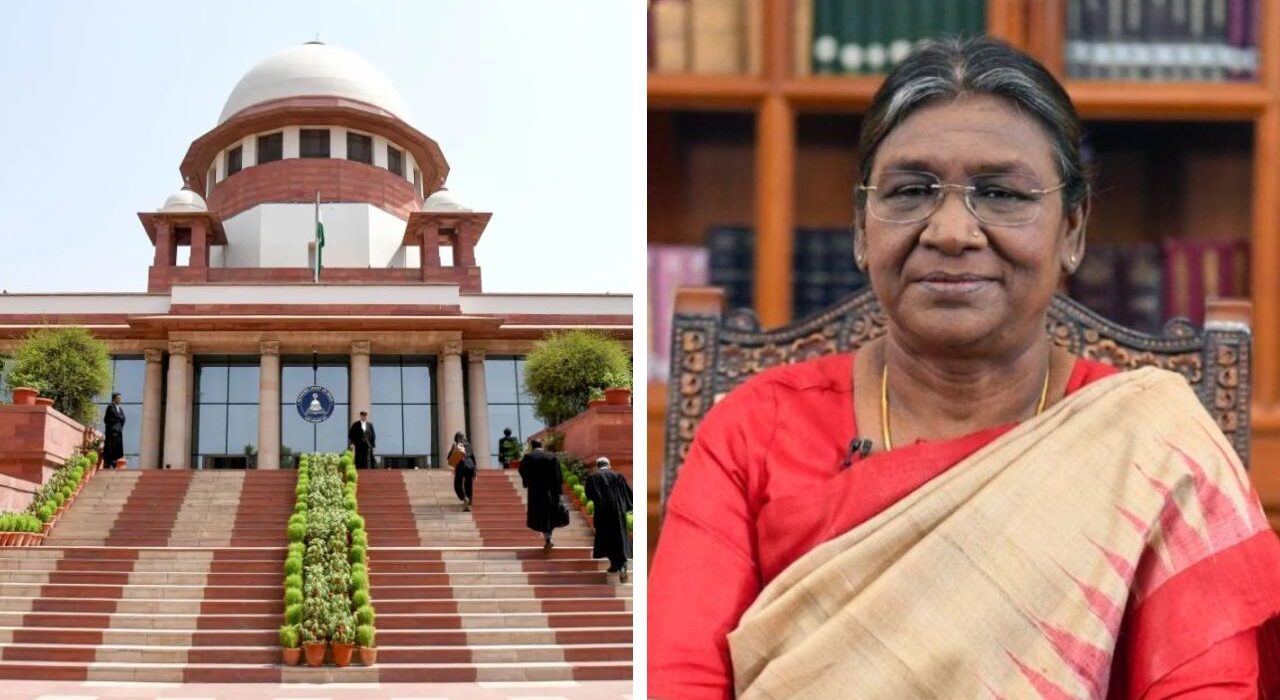The Supreme Court of India clarified a key constitutional point on Thursday. It said that Governors and the President do not have to follow judicially imposed timelines when acting on state bills. The Constitution bench noted that enforcing such deadlines would break the separation of powers and disrupt the constitutional framework for Centre-State relations.
Supreme Court: Governors Have Limited Discretion, Not Absolute Power
The bench explained that while Governors typically act on the advice of the Council of Ministers, the Constitution allows them some areas of independent judgment.
The court said it would be “unfathomable” to claim that Article 200 strictly requires Governors to follow ministerial advice when returning a bill or reserving it for the President. These actions need independent constitutional judgment.
No ‘Deemed Assent’ and No Court-Imposed Deadlines
The Supreme Court unanimously dismissed the idea that courts could create “deemed assent” if a Governor or the President delays action. It ruled that courts cannot address “constitutional silences” by setting fixed periods for Governors to act on bills.
CJI Gavai remarked that timelines would go against constitutional limits, clearly stating that the judiciary cannot change Articles 200 or 201 to make them operate differently than intended by the Constitution.
Read also: US Approves $92.8 Million Javelin and Excalibur Sales to India
